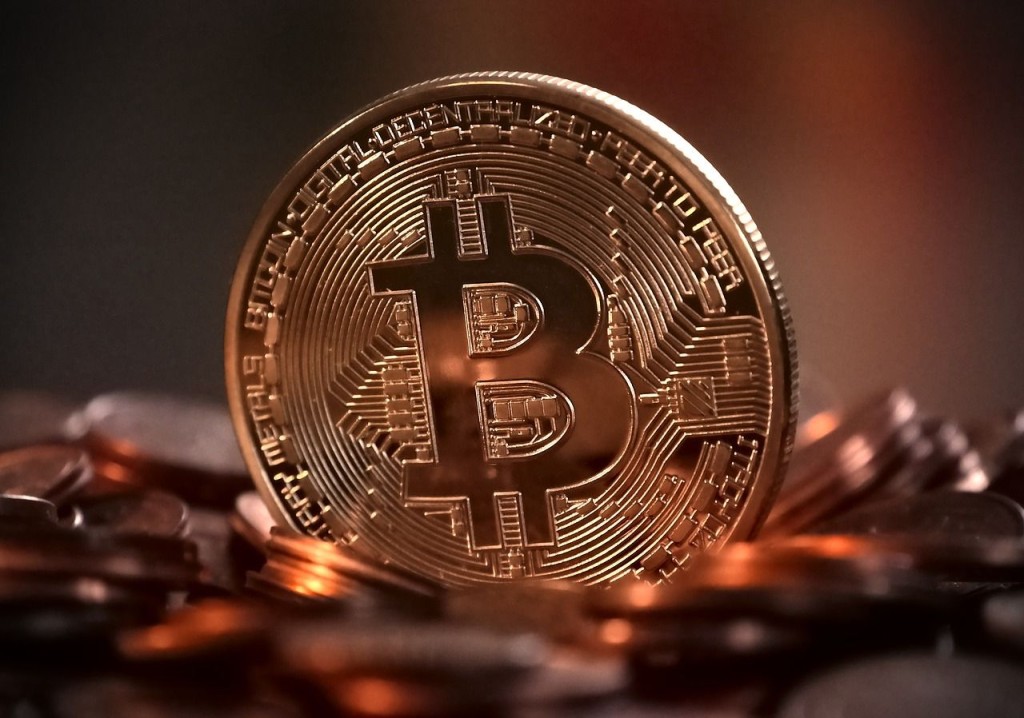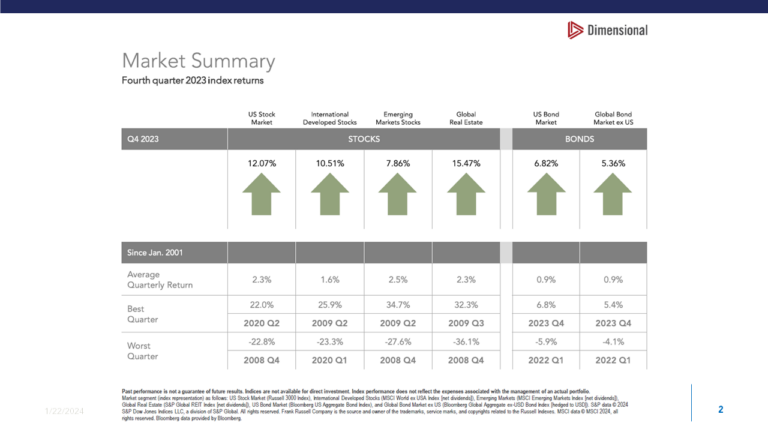I’ve sometimes fantasized that every investor should have a mental version of the robot from the 1960s television series “Lost in Space,” so that when the investor gets a bright idea the robot can wave its arms and yell “Danger Will Robinson, Danger!”
That robot is frantic today but few are listening. Instead, they are pouring money into bitcoin, the now-famous crypto-currency whose incredible gain in value may prove to be one of the biggest financial follies of the last 100 years.
In case you don’t read through to the end of this story, let’s make the point up-front: Bitcoin’s meteoric rise this year has all the hallmarks of the classic speculative bubble that could burst and wipe out lots of individual buyers. Investors are suddenly interested in bitcoin AFTER it has gained over 1,700% since the beginning of the year. Where were they in January?
I don’t believe this is an extreme view. I’ve lived through and studied some infamous financial bubbles that have caused endless heartache for average investors. The mania surrounding bitcoin’s stunning rise from $1,018 at the beginning of the year to an all-time high of nearly $20,000 a few days ago brings to mind some of these manias, all of which ended with massive losses for investors:
- The “Nifty Fifty” and “One-Decision Stocks” of the 1960s to early 1970s. Stocks like Avon and Polaroid soared to as much as 100 times earnings. Other “stocks” that were really accounting frauds, like National Student Marketing Corp., went even higher. They all crashed in the 1973-74 bear market, never to recover. The ensuing 8-year bear market scarred a generation of investors.
- The dotcom stock craze of the late 1990s. Yes, the internet was a real, lasting phenomenon and internet companies would go on to do real business and make real profits. But a frenzy for any stock with dotcom in its name lead to huge losses for investors in the 2000-02 bear market. Many of the dotcom stocks went straight to zero.
- The collateralized mortgage financial crash of 2008. You don’t have to be as old as I am to remember this one! The U.S. stock market (as measured by the Standard & Poor’s 500 Index) lost 54 percent of its value over an 18-month period, for a while it looked like the U.S. financial system would collapse, and many high-flying financial stocks popular with individual investors permanently lost all or most of their value.
The atmosphere is the same today as it was in the months before those crashes: investors believed they had to get in quickly while things were good. They believed prices could only go higher. Some investors seemed to be in a state of near panic to plunge in. Prices were rising and they were missing out.
Even though a few fortunate and early buyers made money in these kinds of panics, studies have shown that the majority of investors got in AFTER prices have soared. Sound familiar?
Another troubling sign: bitcoin’s rise of more than 1,700% from the beginning of the year to its recent high. This is not normal. Real investments just don’t do that. It’s an extreme danger signal (cue the robot).
Is bitcoin an out-and-out fraud? I don’t think so. Cryptocurrencies like bitcoin are electronic vehicles of value exchange that don’t rely on governmental central banks to issue and back them up. It appears they are here to stay and that their usage will only grow. Bitcoin probably will be a survivor, despite some of the scandals it has gone through since its inception in 2009, such as the collapse of the Mt. Gox bitcoin exchange and bitcoin’s use on the Silk Road online black market to buy illegal drugs.
But that doesn’t mean bitcoin is a good investment. In fact, it really isn’t an investment at all, it’s an exchange currency. And it is one that is not regulated by any government agency. A legitimate investment, by contrast, is something that will produce value independently of its market price. A share of stock in a profitable company, for example, will produce value: the company creates a product or offers a service, plows profits back into the company to grow its market and its profit base, and then shares those profits with owners in the form of dividends.
Bitcoin doesn’t do that. Its price merely fluctuates on speculation. Speculators are buying it because they expect its price to go up as others buy it. This can change in an instant. In past episodes of extreme speculation, something caused a wave of selling. As ordinary investors saw the price dropping, they started selling (just like they bought when they saw the price going up) and that led to a selling frenzy and crash. That has happened to bitcoin at least once (the plunge from $1,000 in late 2013 to $200 in early 2014) and could easily happen again.
What could happen?
Perhaps a government might step in and restrict bitcoin use or trading. Maybe another, bigger, unregulated bitcoin exchange like Mt. Gox will turn out to be operating fraudulently. One of bitcoin’s competitors may prove a better currency and hurt bitcoin’s market. It’s impossible to predict.
Some have warned that a group of about 1,000 early “miners” of bitcoins currently control about 40% of the market. Should any of these “bitcoin whales” decided to take profits it could trigger a sell-off.
Here’s another cause for concern: Bitcoin has only been around since the last major financial crisis. We have a sense of what bonds, stocks, cash, gold, real estate and other investment assets do during generalized sell-offs. We have no idea what bitcoin will do, because it has yet to be tested during a market crash and/or a recession.
If none of this persuades you to avoid bitcoin, then go ahead and buy a few with money that you can afford to lose, and with the knowledge that one of the outcomes could be a total loss of your investment. Use no more than one or two percent of your total capital to buy it, then hope others will keep buying AND that you will sell before the next big price decline.
Or, you can do something that is probably equally rewarding and more fun: Treat yourself to a few days in Vegas, win or lose a little, and enjoy a floorshow and a couple of sumptuous meals. At least you may come home with a tan.
Richard Schroeder, CFP®
Chief Investment Officer


